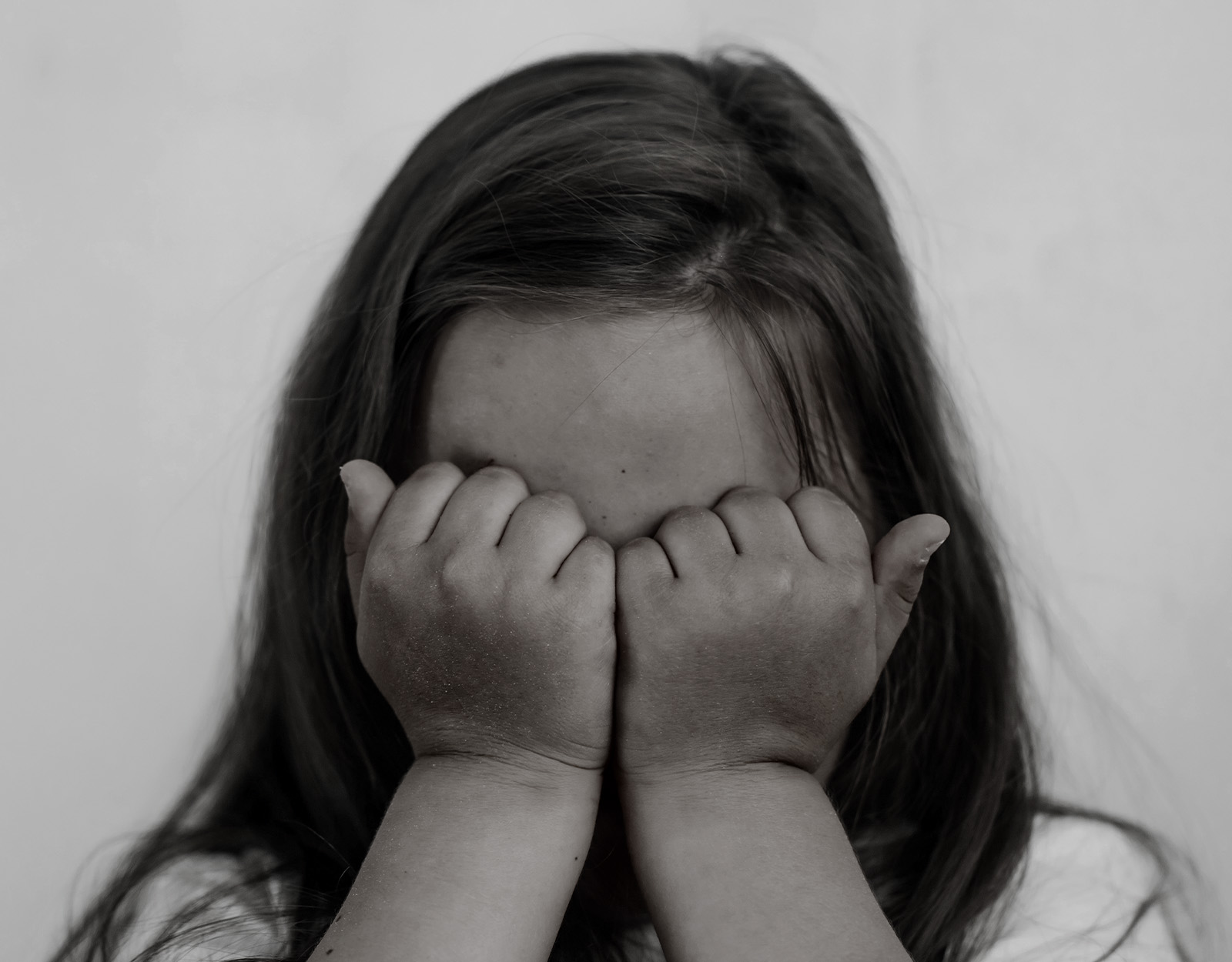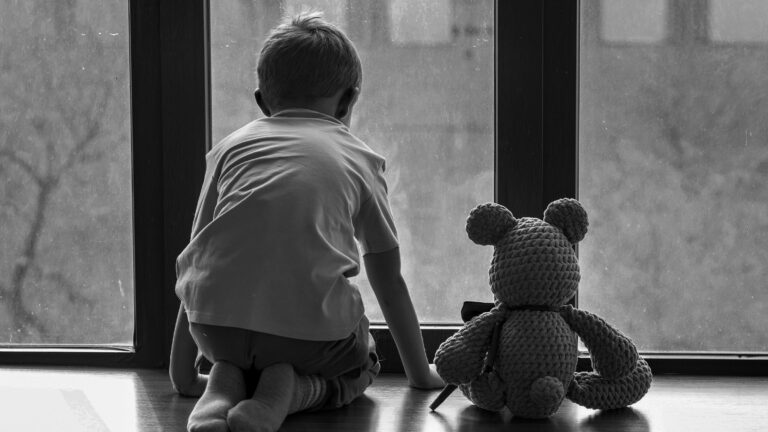Real Talk
Overcrowded Orphanages: Where Can These Kids Go?
When orphanages become overcrowded and underfunded, and fall below the dictated standard, where can these kids go?
Many children we see on the streets knocking on our car windows, begging for alms, and selling Sampaguita are often orphans who have lost their parents or have been abused by their parents. With no relative to take them in, they’re usually supposed to be in an orphanage. But many of these orphanages find themselves overcrowded, with little funding to provide proper care for the kids.
So that begs the question: where can or do these kids go?

Gentle Hands Inc.’s closure is just one part of the issue.
The recent closure of Gentle Hands Inc. under allegations of facilities not being up to par and cases of child abuse now reveals another systemic issue. Because of the lack of proper funding, orphanages and social workers become disillusioned over time with the number of children they aren’t able to save. And this weighs more heavily on their conscience. They become jaded and heartbroken, finding reasons to continue soldiering on to help these kids find forever homes.
But the real victims here are the kids. When they’re taken away from the orphanage, the cruel reality sinks in further that they never had a place to call home. Thus, some of these kids would flee the orphanages and find a place they can call “home.”
What happens to the orphans that orphanages can’t take in?
A lot of these orphans who flee orphanages become targets of syndicates and ne’er-do-wells. Some become organ mules for the black market (Van Impe, 2000; Miko, 2004; Shelley, 2010) while others become the runners of more organized syndicates, such as for drugs and sexual services (Blanco and Panao, 2019). Unfortunately, being aware of this premise makes Filipinos more unwilling to donate and help out children in high-risk situations because they feel it’s going to end up in the syndicate’s hands anyway (Tuason and Teresa, 2013).

Is there any way we can help these organizations?
In the guise of decluttering, some of us would donate our items instead to orphanages or churches. But a lot of times, these orphanages can’t even use what we give them because their facilities are lacking basic necessities. Always give the orphanages a call to ask if there’s anything they need specifically, so it doesn’t look like we’re just dumping our garbage on them.
If you’re looking to provide financial assistance, always have an inside person. That way, they can watch if the money’s being used properly. Some people who provide checks even inform the bank managers to oversee and make sure that the money’s going to the right place.
Overcrowded orphanages reveal all sorts of other problems.
The closing of orphanages is not an uncommon tragedy. Netizens have called out the government department in question for “not providing the assistance they needed to meet their standards.” Others blame the lack of reproductive healthcare and sex education, which they say has been long blocked due to religious beliefs. But many also bemoaned the struggles of adopting kids in the Philippines, in spite of the most recent streamlining of the Adoption Law.
So what can we do as parents? It’s essential to sit down and be open with our kids about sex and reproductive health. This way, they are educated and more informed about these issues.
References
Blanco, D. V., & Panao, R. A. (2019). Caring for the orphan in the Philippines: A policy-capacity review. Child & Youth Services, 40(1), 65-92.
Miko, F. T. (2004). Trafficking in women and children: the US and international response-updated March 26, 2004.
Shelley, L. (2010). Human trafficking: A global perspective. Cambridge University Press.
Tuason, M., & Teresa, G. (2013, August). Those who were born poor: A qualitative study of Philippine poverty. In Annual Convention of the American Psychological Association, 111th, Aug, 2003, Toronto, ON, Canada; Part of this material was presented at the aforementioned conference, and at the Asian American Psychology Annual Convention, Honolulu, Hawaii, July 2004, and at the 15th International Congress of the International Association for Cross-Cultural Psychology, Pultusk, Poland, July 2000. (Vol. 1, No. S, p. 95). Educational Publishing Foundation.
Van Impe, K. (2000). People for sale: The need for a multidisciplinary approach towards human trafficking. International Migration, 38(3), 113-191.
We need to REAL Talk about these issues:
How To Approach Mental Health with Kids
Child Trafficking: What Happens To These Kids After?
Child Trafficking is a Serious Matter in the Philippines and We Must Act Fast





